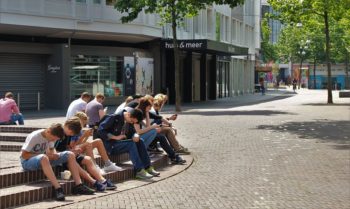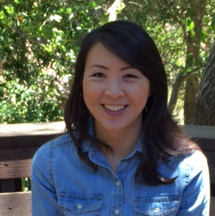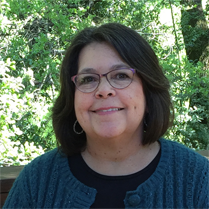Teaching Your Children How to Use the Library
Library
As a mom of two elementary school-aged kids, I’m always looking for fun things for them to do during the summer at the libray. With a three-year age gap between them, though, it’s difficult to find something that would satisfy both their interests. With all the free and cost-saving resources the library has to offer (and air conditioning during hot summer days), maybe it’s time for you to rediscover this gem! [Read more…]

Discovering the joy of teaching while in high school, Jaime pursued her B.A. in English at Santa Clara University. She also received a teaching credential and a M.A. in Education Administration from Santa Clara University. Jaime taught English Language Arts at Rancho Middle School, motivating and inspiring young people to become effective communicators and contributors in their community. From being a Middle School English Language Arts/English Language Development teacher to becoming a stay-at home mom, Jaime is an education consultant who presents literacy workshops. Her workshops focus on a combination of her ten years of teaching expertise with tried-and-true experiences that she uses with her own children. Jaime is also a Teacher Consultant with the San Jose Area Writing Project. Jaime’s mission is to share effective reading and writing strategies with families to encourage literacy.


 STEAM is the blending of science, technology, engineering, art and mathematics into learning experiences through problem solving and discovery. Schools are introducing this approach to learning by creating STEAM labs on elementary and secondary campuses and holding STEAM events for families. An important purpose of the Common Core standards and the Next Generation Science Standards is to prepare children for the 21st century work force. The standards focus on making learning relevant to life. STEAM activities provide relevant opportunities to problem solve because they reflect the kind of thinking that happens every day in the work world.
STEAM is the blending of science, technology, engineering, art and mathematics into learning experiences through problem solving and discovery. Schools are introducing this approach to learning by creating STEAM labs on elementary and secondary campuses and holding STEAM events for families. An important purpose of the Common Core standards and the Next Generation Science Standards is to prepare children for the 21st century work force. The standards focus on making learning relevant to life. STEAM activities provide relevant opportunities to problem solve because they reflect the kind of thinking that happens every day in the work world. 
 IEP (Individualized Education Program) and IDEA (Individuals with Disabilities Education Act) Parent Teacher Collaboration
IEP (Individualized Education Program) and IDEA (Individuals with Disabilities Education Act) Parent Teacher Collaboration